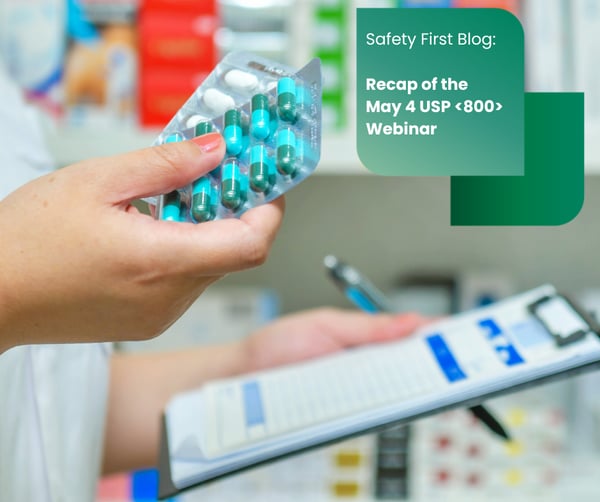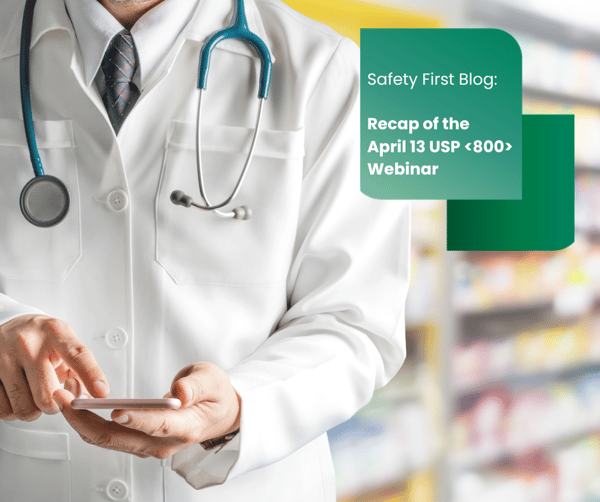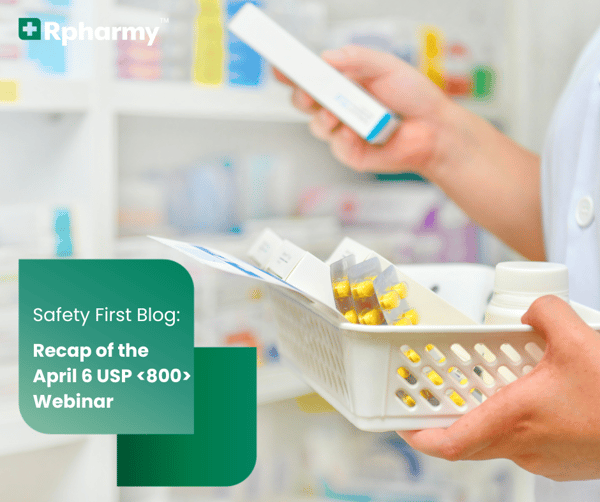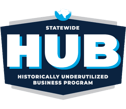When attendees were asked if they have included items on their hazardous drug list that are beyond the scope of NIOSH, 60% answered yes they have added drugs to their hazardous drugs list beyond NIOSH 2016 or NIOSH 2020 and 40% said no they haven’t.
Hazardous Drug List - A Recap of the USP <800> Preparedness Lunch + Learn
Assessments of Risk - A Recap of the USP <800> Preparedness Lunch + Learn
As we work with our clients on USP <800> projects, the Assessment of Risk (AoR) is a common topic of conversation although there is not a lot of information available. Since March 2018, we've seen a large evolution regarding AoRs.
Following are the questions posed and answers given by Rpharmy's Customer Experience Specialist Sherlene Christen on the April 20th USP <800> Lunch + Learn.
Where are the Gaps? A Recap of the USP <800> Preparedness Lunch + Learn
Through working with clients, we’ve seen how hundreds of hospitals are approaching the challenge of complying with USP <800>. We've noticed that in every single organization, there are gaps in the compiled information. We are not being critical; there's no way that one or two or even 25 human beings can catch every detail of this massive mandate.
Following are the questions posed and answers given by Rpharmy's Customer Experience Specialist Sherlene Christen on the April 13th USP <800> Lunch + Learn.
Recap: USP <800> Preparedness Lunch + Learn, Session 1
USP <800>. November 1, 2023. Are you panicking yet?
If you are, you are not alone. The hurry up and wait is over, and now it’s time to finish up any final updates and changes your healthcare organization needs to make before the Nov. 1, 2023 UPS <800> deadline.
On April 6, we kicked off a webinar series designed to offer you the information and support you need to ensure your organization is ready for the Joint Commission, States Board of Pharmacy or other agencies that will be evaluating your USP <800> readiness. These events create a space for conversation and community among pharmacists and healthcare leaders.
Who is Rpharmy?
Rpharmy came to be after the founders suffered a personal loss due to a medical error and vowed to do what they could to help prevent other families from going through the same tragedy. While implementing Formweb, their medication safety solution, Rpharmy began to get requests from hospitals for ways to more easily and effectively document and share hazardous drug safety information across their organization.
As is often the case, necessity is the mother of invention. Rhazdrugs was developed and is now helping many hospitals prevent dangerous exposure to hazardous drugs and also meet USP <800> safety information documentation and communication requirements.
In fact, while speaking to hospitals, we’ve seen that most underestimate how many healthcare workers are exposed to hazardous drugs each year. If you didn’t know, it’s 8 million, according to the CDC.
Also, 70% plan to take more than a year to fully comply with USP <800>.
First shared in 2003, the ISMP’s (Institute for Safe Medication Practices) list of Do Not Crush Medications has been relied upon by healthcare facilities across the U.S. However, as of Nov. 17, 2022, the ISMP does not maintain or share this list on its website.
Following are the questions posed and answers given by Rpharmy's Customer Experience Specialist Sherlene Christen on the April 6th USP <800> Lunch + Learn.
One observation I’ve made over the years is how isolated and siloed hospital pharmacists and pharmacy directors can be. While pharmacists are some of the hardest-working and most brilliant healthcare workers, they do not have the opportunities other healthcare professionals have to consult and share with other pharmacists. Many pharmacists are head down, working to manage a busy hospital pharmacy and provide medications to people who need them.
In conversations with more than 100 hospitals and systems, we’ve seen two common types of consolidations from the perspective of the formulary. The acquiring systems usually go one of two ways with their formulary:
- System-wide formulary that all facilities access
- System-wide formulary that each facility pulls from to create its own formulary
In the previous Safety First Blog, I explained the logistics, benefits and challenges of merging into a single system-wide formulary. In this blog, I’ll outline the second most common route taken when consolidating formularies.
WHERE ROUTE 2 GOES
In this situation, the healthcare system manages an umbrella formulary with assessed and approved drugs. The facilities or markets within that system then each have a formulary based on the umbrella formulary. For instance, a system may include a market that specializes in cardiology and another that specializes in trauma, and of course, each formulary looks quite different. However, if a trauma hospital cares for a patient who is also receiving cardiology treatment, the patient’s required medications are easily accessed thanks to the system-wide formulary and connection to the cardiology hospital’s formulary.
In formulary management software, each facility, whether it be a children’s hospital or an oncology facility, can see which drugs are approved in the system-wide formulary within the formulary management dashboard, and the individual facilities where that drug is already approved are also identified.
Also, each drug monograph should show what restrictions apply to the selected drug, including Service Line, Formulary Location, Service Population, Prior Authorization Required, Restrictions, and more. All facilities can also access medication safety information and see if the drug is High Alert, has Black Box Warnings, LASA, etc.
WHY IT WORKS
Similar to the overarching system-wide formulary, this arrangement provides previously standalone facilities with negotiating power, medical coding, medication options, compounding opportunities, and even a greater sense of community gained by being part of a larger organization.
However, in this system, the markets also have the autonomy that an overarching system-wide formulary does not provide its facilities, which many facilities prefer after operating independently. On the other hand, their pharmacy directors maintain the formulary and also benefit from the system’s added support of centralized drug approval and all the safety information and resource materials through their EHR or formulary management system.
WHAT ISSUES MAY COME UP
Because each market manages its own formulary, more resources may be required at each facility to assess inventory and request drugs to be assessed by the Health System Pharmacy and Therapeutics Committee. The system itself may need to mediate when a market requests access to a new drug, and the umbrella formulary may be larger than that of a system that maintains one formulary for the entire system.
FINAL THOUGHT
Managing the consolidation or acquisition of a hospital is a massive project with many moving pieces - one of which is the formulary. Because the formulary plays a central role in patient care & safety, the speed and the way in which it is organized is vital. However, each of these methods has unique benefits and challenges.
UP NEXT
Register today for the first USP <800> Preparedness Lunch + Learn on April 6, and mark your calendar to spend upcoming lunches with Rpharmy. We’re here to support you in this critical effort to improve your organization's health and well-being, and we hope to see you soon.
In the meantime, check out our Safety First Blog for the USP <800> information and resources you need.








